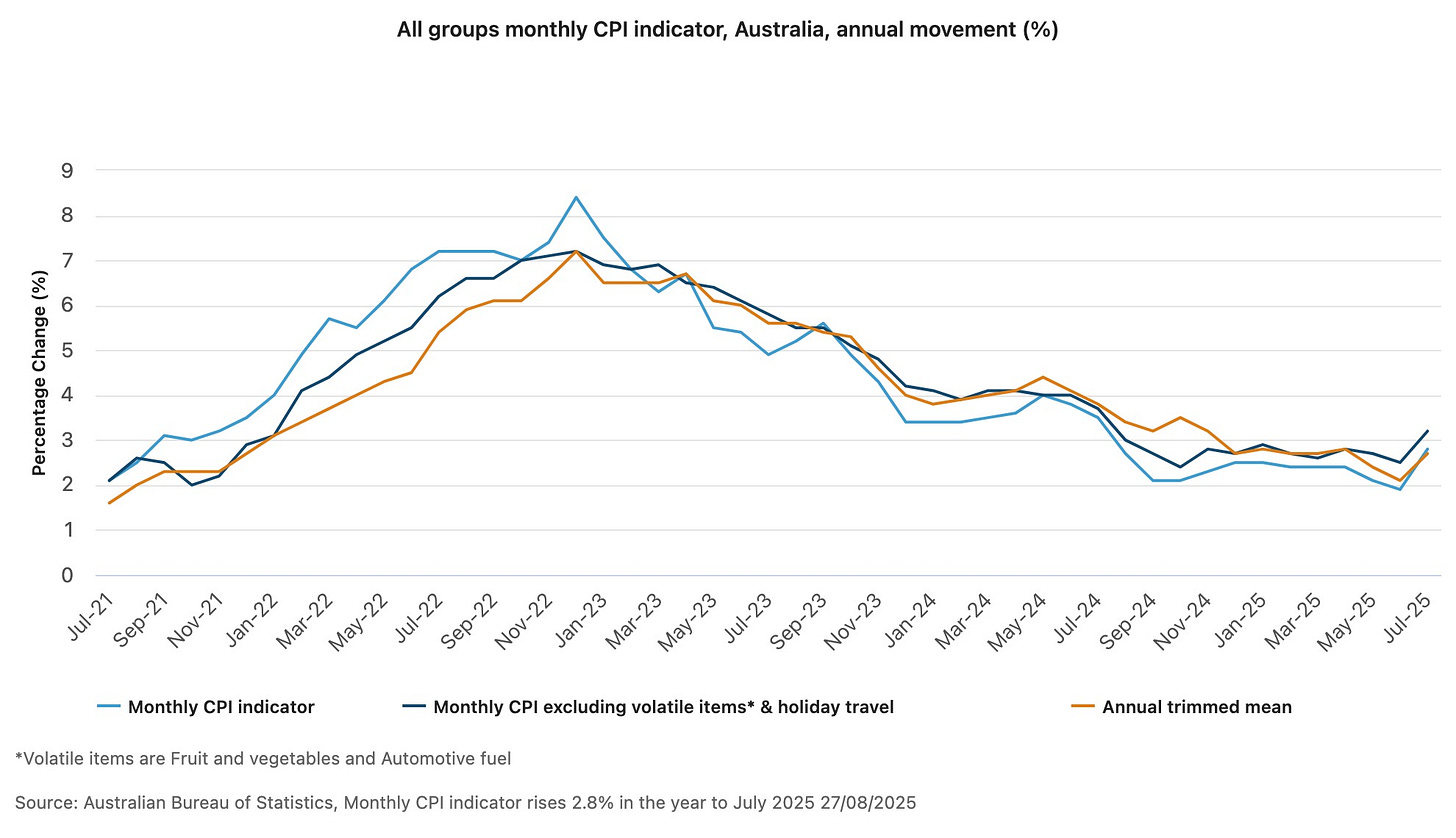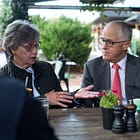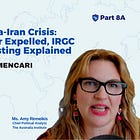Australia’s Inflation Jumps to 2.8% in July, Highest in a Year
Today’s email is brought to you by Empower your podcasting vision with a suite of creative solutions at your fingertips.
Australia’s annual inflation rate rose to 2.8% in July, the highest level in a year, driven by surging electricity costs and price increases for housing, food and tobacco, the Australian Bureau of Statistics reported Wednesday.
The July figure was up sharply from 1.9% in June, ending months of easing inflation and marking the fastest pace of consumer price growth since July 2024.
“The 2.8 per cent annual CPI inflation to July was up from 1.9 per cent to June. This is the highest annual inflation rate since July 2024, following several months of easing inflation,” said Michelle Marquardt, ABS head of prices statistics.
Housing and Energy Costs Drive Increase
Housing costs rose 3.6% over the year, up from 1.6% in June, largely due to higher electricity prices. Electricity prices surged 13.1% in the 12 months to July, compared with a 6.3% decline in the year to June.
In monthly terms, electricity rose 13.0% in July alone. The ABS said the jump reflected the impact of Commonwealth Energy Bill Relief Fund (EBRF) rebates not being paid in July to households in New South Wales and the Australian Capital Territory.
“Households in NSW and ACT did not receive payments of the extended Commonwealth Energy Bill Relief Fund in July,” Marquardt said. “This meant those households had higher out-of-pocket costs for electricity.”
Rebates are due to resume in August, but July bills were further pushed up by annual electricity price reviews.
Excluding the EBRF impact, electricity costs rose 4.8% in July. With the rebate pause, however, measured prices rose 13.0%.
Truth matters. Quality journalism costs.
Your subscription to Mencari directly funds the investigative reporting our democracy needs. For less than a coffee per week, you enable our journalists to uncover stories that powerful interests would rather keep hidden. There is no corporate influence involved. No compromises. Just honest journalism when we need it most.
Not ready to be paid subscribe, but appreciate the newsletter ? Grab us a beer or snag the exclusive ad spot at the top of next week's newsletter.
Rents Ease but Remain Elevated
Rent inflation slowed slightly to 3.9% in July, down from 4.2% in June, marking the lowest annual growth since November 2022. The ABS said the moderation reflected stable vacancy rates across most capital cities.
New dwelling prices, meanwhile, rose just 0.4% over the year to July, unchanged from June, reflecting a subdued new home market.
Food and Groceries Up
Food and non-alcoholic beverage prices rose 3.0% over the year, consistent with the pace of increases over the past 11 months. Some categories saw sharper rises.
“While annual inflation eased for some food categories in July, coffee, tea and cocoa prices continued to rise, up 14.4 per cent in the past 12 months,” Marquardt said.
The increase was linked to poor weather in major coffee-producing countries, disrupting global supply.
Travel and Holiday Costs Jump
Holiday travel and accommodation rose 3.3% in the year to July, reversing a 3.7% annual decline in June. On a monthly basis, prices rose 4.7%, as school holiday demand drove up airfares and accommodation.
Underlying Inflation Also Rising
The trimmed mean measure of underlying inflation rose 2.7% in July, up from 2.1% in June and similar to levels three months earlier.
The CPI excluding volatile items and holiday travel, another key gauge, rose 3.2% over the year, compared with 2.5% in June.
Marquardt said these measures show that “inflationary pressures are broadening again after a period of easing earlier in the year.”
Alcohol and Tobacco Lead Price Gains
Alcohol and tobacco prices jumped 6.5% over the year, making them among the largest contributors to the CPI increase.
The ABS noted that electricity rebates are scheduled to resume in August for NSW and ACT households, which could ease measured prices in the next release.
Still, with electricity, housing and food costs all showing renewed upward pressure, economists are watching whether the Reserve Bank of Australia will face renewed pressure to keep monetary policy tight.
The ABS said the July CPI release incorporates monthly and quarterly updates across expenditure classes, with more detailed breakdowns available in its online data tables.
Got a News Tip?
Contact our editor via Proton Mail encrypted, X Direct Message, LinkedIn, or email. You can securely message him on Signal by using his username, Miko Santos.
Sustaining Mencari Requires Your Support
Independent journalism costs money. Help us continue delivering in-depth investigations and unfiltered commentary on the world's real stories. Your financial contribution enables thorough investigative work and thoughtful analysis, all supported by a dedicated community committed to accuracy and transparency.
Subscribe today to unlock our full archive of investigative reporting and fearless analysis. Subscribing to independent media outlets represents more than just information consumption—it embodies a commitment to factual reporting.
As well as knowing you’re keeping Mencari (Australia) alive, you’ll also get:
Get breaking news AS IT HAPPENS - Gain instant access to our real-time coverage and analysis when major stories break, keeping you ahead of the curve
Unlock our COMPLETE content library - Enjoy unlimited access to every newsletter, podcast episode, and exclusive archive—all seamlessly available in your favorite podcast apps.
Join the conversation that matters - Be part of our vibrant community with full commenting privileges on all content, directly supporting The Evening Post (Australia)
Catch up on some of Mencari’s recent stories:
It only takes a minute to help us investigate fearlessly and expose lies and wrongdoing to hold power accountable. Thanks!







